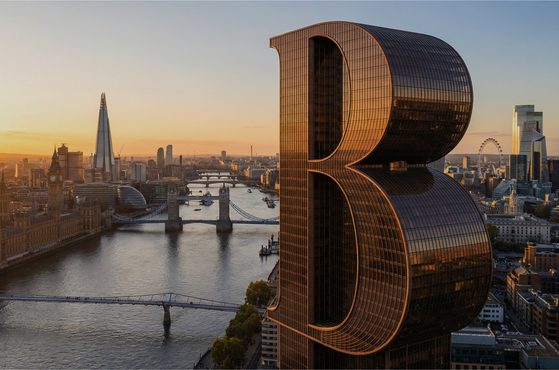London expansion & record revenues drive next phase of growth at Brabners

We’re delighted to announce the opening of a new office in London, marking a major milestone at the end of a year defined by strong financial performance.
Read more
We make the difference. Talk to us: 0333 004 4488 | hello@brabners.com
The Autumn Budget has retailers — still struggling to adjust after the volatility of Brexit, the pandemic and the cost-of-living crisis — revisiting their financial planning.
With over £2.3bn in increases to employer National Insurance contributions, an additional £367m from a rise in the National Living Wage and a further £140m in business rate hikes, retailers are carefully considering the new taxation landscape.
Now, a group of major UK retailers — including Amazon, Tesco, Aldi, Asda and M&S — have written to the Chancellor about the threats of job losses and rising costs, with the Treasury responding that “difficult choices” are having to be made “to fix the foundations of the country”.
Here, Domonique West explains how retailers are reacting and what the Budget means for footfall, investment and more.
With the true impact of the Autumn Budget set to hit in April 2025, some commentators point to the disparity between business rates and the retail sector’s contribution to the economy. While retail accounts for just 5% of the UK economy, it’s responsible for 21% of the total business rates paid.
Some businesses — such as Sainsbury’s and M&S — have warned that higher taxation costs may need to be passed on to customers through higher prices. Of course, change may represent an opportunity for discount operators like Aldi, which saw market share grow significantly during recent years.
Sainsbury’s saw a profit boost as shoppers returned post-pandemic to the more traditional habit of doing their big weekly shop. Price increases could see some consumers revert back to smaller, more frequent purchases — affecting competition in the market.
Many retailers have long campaigned for reduced business rates and at last their voices have been heard. The Chancellor has pledged to permanently reduce rates for high street retail, hospitality and leisure properties with a rateable value (RV) of less than £500,000.
While this provides encouragement to retailers, the benefits won’t be felt until April 2026 or 2027.
This reduction in business rates also comes with a caveat — a higher rate will be applied to properties with an RV over £500,000.
Retail, Hospitality and Leisure Business Rates Relief was an initiative introduced during the COVID-19 pandemic to support small businesses. Although the relief has been significantly reduced (from 75% to 40%), it has been extended to assist these businesses throughout 2025 and 2026.
Nevertheless, Rachel Reeves’ critics argue that this won’t provide enough support for larger brands, which are crucial in drawing consumers and driving investment into our high streets and town centres. A diverse mix of thriving stores and an engaging shopping experience are vital ingredients for success if physical retail is to compete with the digital space.
Retailers of all sizes need to plan carefully and act strategically to navigate the financial changes arising from the Autumn Budget.
Talk to our multidisciplinary retail experts today by giving us a call on 0333 004 4488, emailing us at hello@brabners.com or completing our contact form below.

Loading form...

We’re delighted to announce the opening of a new office in London, marking a major milestone at the end of a year defined by strong financial performance.
Read more

We explore the key developments that in-house lawyers should have on their radar and what they mean for your organisation in the year ahead.
Read more

We explore the key changes that the Economic Crime and Corporate Transparency Act ushers in and outline what they mean for companies going forward.
Read more